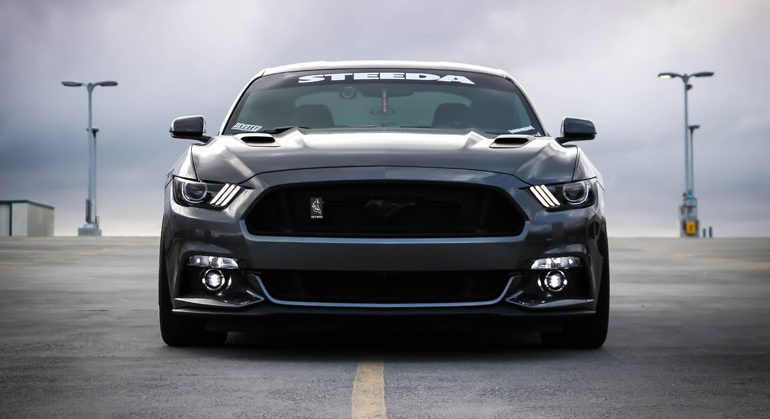How Do I Choose Between Petrol And Diesel Cars?
When you’re considering a new car, your purchasing decision can depend on many factors. These include price, style, comfort level, fuel efficiency, and perhaps even brand loyalty. But when it comes to making the challenging decision on whether to buy a petrol car or a diesel car, consumers have to remember to always keep four proven deciding factors in mind in order to make the most intelligent purchasing decision.
Fuel Economy
Most everyone knows that diesel cars get much better fuel economy than petrol cars. But with the recent advent and popularity of the hybrid vehicle, a lot of former diesel devotees are making the switch due to the fuel efficiency of these electric-petrol hybrids. That being said, one of the most persuasive reasons to buy a diesel car is indeed it’s superior fuel economy.
There can be a considerable amount of savings involved in both the short and long run when putting high mileage on a diesel car. Since many car owners are financially strapped, this substantial difference in fuel savings can easily be the only factor they need to consider in their car purchasing decision of whether to buy a diesel version over a petrol one.
Servicing Costs
It’s also common knowledge that diesel cars, on the whole, cost significantly more to service than petrol cars. This is due to the fact that their engines are more complex and parts replacement is much more expensive than for petrol cars. When you’re trying to choose between these two types of cars, you have to be honest with yourself and realize that regular maintenance will be necessary for both types in order to sustain maximum performance, safety and reliability.
So if you’re not in a financially secure position, it would seem to be a smarter decision to buy a petrol car for the very reason of much lower servicing costs. That alone could help you decide not to buy a diesel.
Resale Value
Another important factor in deciding which to buy is to consider the car’s resale value. When you buy a new car one day you’re going to want to sell it. It’s a fact that diesel vehicles always have higher resale values than petrol cars. This is mainly due to the fact that new buyers fall in love with the much higher fuel economy and associated cost savings, but also because diesel car engines tend to last much longer than petrol cars. Running for well over 200,000 miles is quite common for a diesel car.
Potential owners have to realize that diesels are simply much louder than petrol cars, even the heavily muffled ones. Some people can live with this better than others. But if you can’t, you should definitely only consider a new petrol car.



